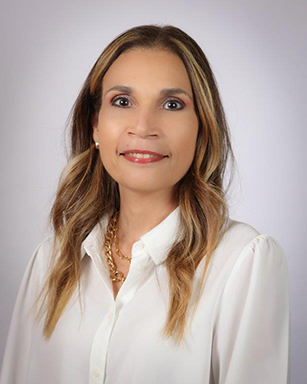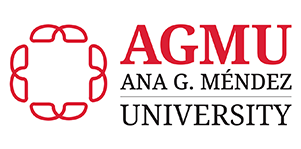Student identity is a transformation process that goes from the point of consuming information to generating it. (Smith and Hatmaker, 2015). This process involves the student being exposed to academic information and theoretical concepts that lead to new knowledge and its application. But, it has also been shown that a student who combines academic expertise with different types of professional relationships during their university experience can add other perspectives and points of view to enrich their intellectual development.
Building your identity requires a variety of relationships and sources of information. In this case, relationships support and facilitate self-discovery during the transition from a high school student to a university graduate (Nonaan, 2015). Creating strategic relationships allows students to structure their academic agenda, identify leaders specialized in topics of interest, share ideas or collaborate. Here are some ideas when building academic relationships:
- Build a relationship with your academic advisor. The relationship with the academic advisors helps new students in this lack of structure (Baker and Pifer, 2011). Remember that you are starting a new stage as a university student. Your counselor will help you learn how the university works, what resources the university has to help you in your adaptation process, and will help you in the academic plan so that you can be successful.
- Fellow students- Identify students in advanced levels or ask for student mentors. Peers are the ideal scenario to share experiences and advice on how to face the challenges of this journey. This type of relationship creates a sense of stability and allows to continue cultivating the confidence to reach the following stages. Remember, you are not alone; others have already gone through this process of adaptation and transformation.
- Professors. Take the time to know your professor or ask for a group of mentor professors. A student who takes his time to find a mentor to guide him through this journey has an advantage over those who do not understand the importance of having one. Also, integrating more mentors within the equation suggests getting more academic sources based on different perspectives. It is not uncommon for a student to have several mentors or counselors during their student life since each has a different role in each stage (Smith and Hatmaker, 2015). A mentor professor can guide you in the academic program you have decided to study and clarify doubts about the profession.
Not only the studies of Baker and Pifer (2011), Smith and Hatmaker (2015) describe relationships as an integral part of academic progress and identity finding. Gardner (2009) exposes a difference between those who have these experiences and those who do not. In addition, those who seek mentoring and use the extra resources offered by the university are more likely to have academic success and complete their degree.
The student will be primarily responsible for this task as they are in the quest to expand, transform and define their academic identity. Students must demonstrate openness to develop, generate or transform their relationships with their peers, professors, mentors, or advisors to get their most significant benefit into their educational and personal development.

Author: Prof. Jadyrah Escobar
Associate Professor
School of Business & Management
AGM University
References
Baker, V. L. & Pifer, M. J. (2011). The role of relationships in the transition from doctoral student to independent scholar. Studies in Continuing Education, 33(1) 5-17. doi: 10.1080/0158037x.2010.515569
Gardner S. K. (2009). Conceptualizing success in doctoral education: perspectives of faculty in seven disciplines. The Review of Higher Education, 32(3), 383-406. doi:10.1353/rhe.0.0075
Noonan, S. J. (2015). Doctoral pedagogy in stage one: forming a scholarly identity. International Journal of Educational Leadership Preparation, 10(1), 2-28.
Smith, A.E., Hatmaker, D.M. (2015). Knowing, doing, and becoming: professional identity construction among public affairs doctoral students. Journal of Public Affairs Education, 20(4), 545-564. doi:10.1080/15236803.2014.1200180

